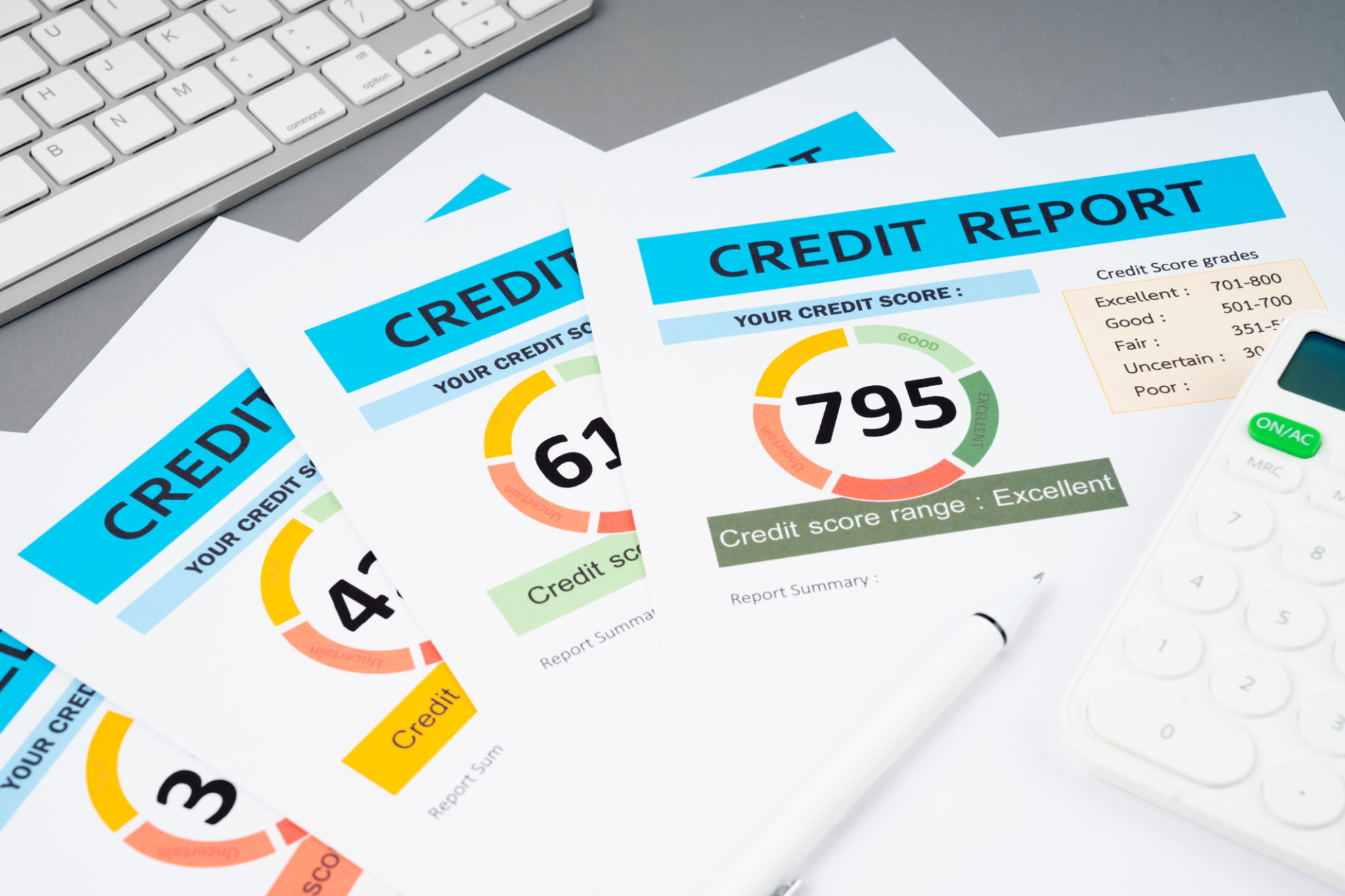DIY Credit Repair: Expert Tips and Mistakes to Avoid
Understanding DIY Credit Repair
Repairing your credit score can seem daunting, but taking control and doing it yourself is entirely possible. DIY credit repair involves understanding your credit report, disputing inaccuracies, and implementing strategies to improve your credit score over time. This approach not only saves you money but also empowers you with financial knowledge.
Before diving in, it's crucial to know that improving your credit score is not an overnight process. It requires patience, consistency, and a clear strategy. Let's explore the expert tips and common mistakes to avoid on your DIY credit repair journey.

Expert Tips for DIY Credit Repair
When embarking on DIY credit repair, it's essential to start with a thorough understanding of your current credit situation. Here are some expert tips to guide you:
- Obtain Your Credit Reports: Begin by requesting free copies of your credit reports from the three major credit bureaus: Equifax, Experian, and TransUnion. You are entitled to one free report from each bureau annually.
- Analyze Your Reports: Carefully review each report for errors or discrepancies. Common mistakes include incorrect personal information, accounts that don't belong to you, or inaccurate account status.
- Prioritize Your Debts: Create a plan to tackle outstanding debts. Focus on high-interest debts and consider debt consolidation if necessary.
Common Mistakes to Avoid
While taking control of your credit repair is empowering, it's also easy to make mistakes that can hinder your progress. Here are some common pitfalls to avoid:
- Ignoring Errors: Failing to dispute inaccuracies can lead to a lower credit score. Always take the time to correct mistakes on your credit report.
- Closing Old Accounts: Closing old credit accounts can negatively impact your credit history length, which is a factor in your overall score.
- Applying for New Credit Unnecessarily: Each new credit application can result in a hard inquiry, temporarily lowering your score. Apply for new credit only when necessary.

Staying Consistent with Your Efforts
Consistency is key when it comes to repairing your credit. Establish a routine for monitoring your credit report and maintaining good financial habits. Automate bill payments to avoid late fees and continue reducing outstanding debts systematically.
Consider setting up payment reminders or using budgeting apps to keep track of your expenses and savings goals. Over time, these small but consistent actions will lead to noticeable improvements in your credit score.
The Importance of Financial Education
Educating yourself about personal finance is an invaluable part of the DIY credit repair process. Understanding how credit works, the factors affecting your score, and the importance of financial responsibility can have a lasting impact on your financial health.
Take advantage of resources such as online courses, books, or financial workshops to deepen your knowledge. The more informed you are, the better equipped you'll be to make smart financial decisions in the future.

Seeking Professional Help When Necessary
If you find yourself overwhelmed or unable to resolve complex issues on your own, don't hesitate to seek professional help. Credit counseling agencies can provide guidance and support tailored to your specific situation.
While DIY credit repair is effective and empowering, know that it's okay to seek assistance when necessary. A professional's expertise can sometimes make all the difference in navigating tricky situations or legal complexities.
By following these expert tips and avoiding common mistakes, you're well on your way to improving your credit score and achieving greater financial stability. Remember, persistence and knowledge are your strongest allies on this journey.